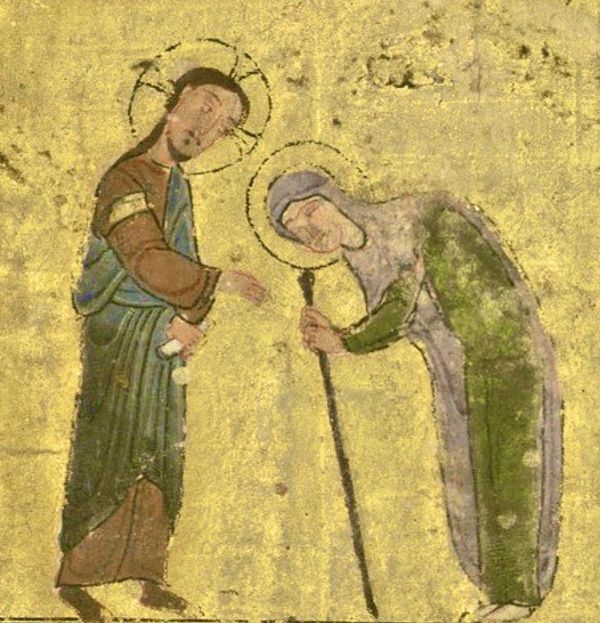Jesus poses a question to those present, following the healing of a bent woman:
«Now this woman, being a daughter of Abraham [...] should she not have been loosed from this bond on the Sabbath day?» (Luke 13:16).
When speaking of Francis of Assisi, one must always bear in mind that he was a true, unconventional creature.
Consumed by love for God and neighbour, the Poverello was willing to make any sacrifice, capable of going beyond conventions in order to save and lead souls to Christ.
Following in the footsteps of Jesus, who also healed on the Sabbath, ridiculing the leaders who were loyal to their tradition, Francis expressed a new way of being and living according to the Gospel.
The Sources, a rich source of episodes, inform us about this.
"In the city of Narni there lived a woman who for eight years had had a withered hand, completely unusable.
One day the blessed Father appeared to her and, touching her sick hand, made it fit for work like the other" (FF 558).
Francis was not concerned with the hour or the day when he could help or heal; no, he was interested in the person knowing the salvation of soul and body, restoring God's children to God.
Free from all hypocrisy, he acted thus:
"Once, while Francis was staying in that same place*, a friar, a man of profound spirituality who had been living in the Order for several years, found himself very emaciated and infirm.
Francis, seeing him, took pity on him.
But the friars in those days did not resort to medicine; on the contrary, they willingly chose what was contrary to the body.
Francis said to himself:
'If this brother ate ripe grapes early in the morning, I believe he would benefit from it'.
One day he rose at dawn and secretly called that brother, led him to the vineyard near the church, and, choosing a vine rich in beautiful, inviting bunches, sat down under it with his brother and began to eat the grapes, so that the sick man would not be ashamed to pick them himself.
While he was eating, the friar praised the Lord God.
And as long as he lived, he often reminded his brothers, with devotion and tears of tenderness, of the holy father's affectionate gesture towards him" (FF 1549).
Rightly, Francis, remembering the Word of God, put into practice mercy that is superior to any rule and worth more than being humanly sterilised.
Monday 30th week of Ordinary Time (Lk 13:10-17)












